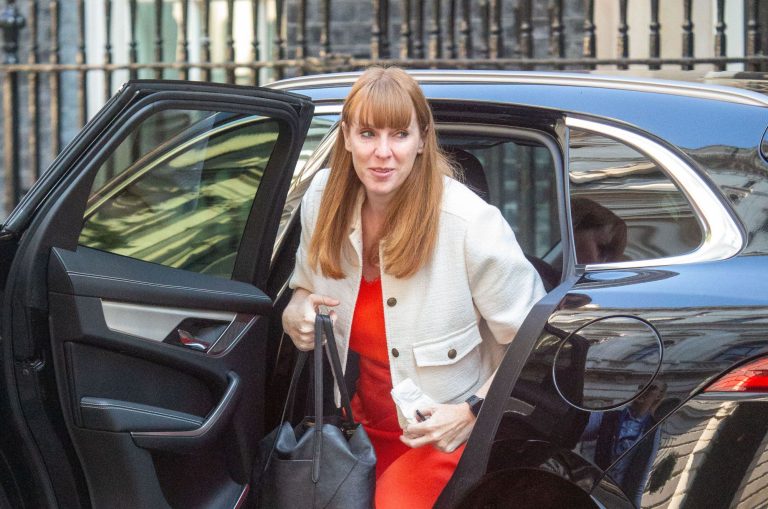
2XM4R1T Liberal Democrats Garden Poster Sign in Frome, Somerset, England, United Kingdom. 18th June 2024.
A landscape splintered like never before
The UK’s political map is fracturing, and the rising number of viable parties is transforming every election contest into a nail-biter. In recent local polls, Reform UK surged to control 10 councils, won two regional mayoralties, and even captured a Labour by-election seat once deemed safe. At the same time, the Liberal Democrats and Greens added councillors while both Labour and the Conservatives saw net losses. These shifts hint at a general election where familiar battlegrounds may no longer hold predictable outcomes.
Traditional tactical voting under threat
History shows that up to 25% of voters use tactical tactics to block their least-favoured party—peaking at 40% among Lib Dem supporters in the last general election. When smaller parties fracture the vote across 4 or 5 contenders, the simple “only we can defeat them” pitch becomes moot. In the West of England mayoral race, five parties each claimed notable vote shares, and Labour won with just 25%. In Cambridgeshire and Peterborough, Reform, Conservatives and Labour all posted above 20%. Under such circumstances, Labour or the Conservatives can no longer assume safe loyalist ballots, while Lib Dems find new paths to competitiveness.
Lib Dems at a strategic crossroads
Several Liberal Democrat MPs admit that the end of two-horse races forces a rethink. One senior MP wondered: “If there’s no single rival to target, how do we stand out among four or five strong contenders?” Yet others see opportunity: in councils where the progressive bloc (Labour, Greens and Lib Dems) pools support, a lower threshold for victory could let the Lib Dems capture seats once dominated by Labour. Lib Dem candidate Mike Ross in Hull and East Yorkshire found that many former Labour voters backed him to keep Reform out—proof that tactical decisions can still shift to block an extreme party rather than back a single centrist flagbearer.
Pollsters’ nightmare and fine-grained contests
Leading academics warn that the next general election may defy even the most advanced MRP modelling. Queen Mary’s Tim Bale explains that multi-party contests were long brewing since the 1970s, but now accelerate rapidly. Southampton’s Will Jennings predicts that “the next election will be a nightmare” for both forecasters and voters, as victories hinge on fine margins—often single-digit or even percentage points under 20%.
Emergence of bloc politics
Even in a splintered environment, bloc alliances could re-emerge. Instead of tactical votes strictly within parties, voters might choose between two broad camps:
- Progressive bloc – Labour, Lib Dems and Greens pooling to keep out radical right forces
- Right-wing bloc – Conservatives and Reform UK uniting against a left-leaning government
In this scenario, a Conservative voter anxious about Labour’s net-zero agenda might still switch to Reform, while some Tories recoil at Nigel Farage’s ascendancy and drift leftward toward Labour or Lib Dems. A YouGov poll indicates 43% of committed Tory backers would tolerate a coalition with Greens—underscoring how volatile alliances could become.
Case study: Runcorn defeat and lessons for leaders
Against this backdrop, many local losses appear entirely avoidable. Richard Burgon MP argues that Labour’s missteps in Runcorn exposed complacency in safe seats. With Reform, Lib Dems and Greens all picking off segments of the electorate, the “one-size-fits-all” campaign message no longer cuts through. Instead, candidates must tailor appeals to flip-side voters: pitching Labour to ex-Tories fearful of Reform, while persuading Greens that abandonment of eco policies risks yielding ground to the far right.
Why first-past-the-post amplifies chaos
Unlike proportional systems, the UK’s first-past-the-post method magnifies fragmentation: a four-way split with each party polling 20-25% can produce wildly unpredictable seat distributions. Regina Norwegian examples exist under alternative voting rules, yet Britain faces a unique quandary of many parties without matching electoral reform. The result could be hung parliaments, surprise kingsmakers, or razor-thin majorities hinging on handfuls of contested constituencies.
Preparing for the unpredictable
Parties can still adapt. Key tactics include:
- Micro-targeted messaging tailored to each constituency’s specific 3- or 4-party field
- Flexible alliances where progressive or right-wing blocs signal cooperation without formal pacts
- Localised tactical recommendations advising voters which candidate best blocks their least-favoured option
Whatever unfolds, the next general election promises to rewrite UK politics. As the old order fragments, innovative strategies and bloc compromises will decide who governs—and chaos may lurk for those unprepared for this brave new multi-party world.



